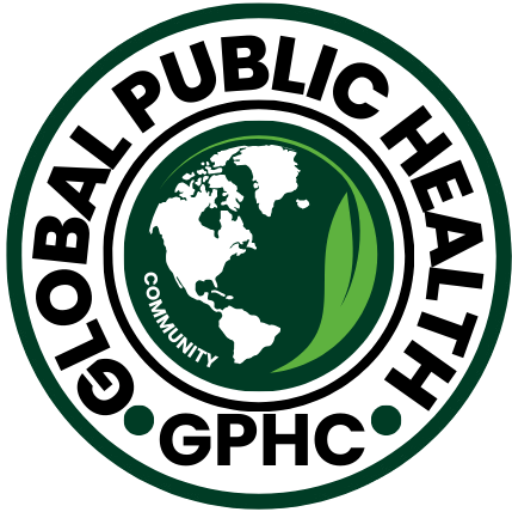The world is changing fast, and epidemiology is more important than ever for public health. As we enter 2025, many new challenges show why this field is so critical:
🔹 Rising Infectious Diseases – New COVID-19 variants, bird flu, and antibiotic resistance are major concerns. Epidemiologists help track these diseases and control outbreaks.
🔹 Climate Change & Health – Extreme weather, heatwaves, and the spread of diseases like malaria and dengue are increasing. Epidemiology helps us understand and prepare for these risks.
🔹 Technology in Public Health – AI and big data are transforming how we detect and respond to health threats. Epidemiologists now use advanced tools alongside traditional methods to improve health outcomes.
🔹 Non-Communicable Diseases (NCDs) – More people are suffering from heart disease, diabetes, and mental health issues. Epidemiologists study risk factors and create prevention strategies to reduce these problems.
🔹 Health Inequality – COVID-19 showed us that healthcare is not equal for everyone. Epidemiology helps us find the reasons behind these inequalities and guide policies to improve healthcare access.
👉 As someone with a background in public health, I believe we must focus more on disease prevention, health equity, and using data to make better decisions.
What do you think about the future of epidemiology? Let’s discuss! 👇





Leave a Reply